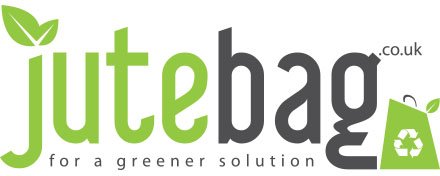Discover the Environmental Impact of Hessian Bags: A Sustainable Choice for Today's Consumer
In recent years, consumer awareness regarding environmental sustainability has surged, prompting a shift towards eco-friendly alternatives in daily life. One such alternative is Hessian bags, which are gaining traction as a preferred choice for conscientious shoppers. According to a report by the Ellen MacArthur Foundation, single-use plastics contribute to a staggering 300 million tons of waste annually, leading to significant environmental degradation. In contrast, Hessian bags made from natural jute fibers offer a biodegradable and reusable option that aligns with sustainable consumption practices. Furthermore, research indicates that the carbon footprint of jute production is significantly lower than that of conventional plastic bag manufacturing, reinforcing Hessian bags as a viable solution for reducing ecological impact. As consumers increasingly seek products that not only serve their functional needs but also promote environmental health, Hessian bags emerge as a testament to a more sustainable lifestyle.
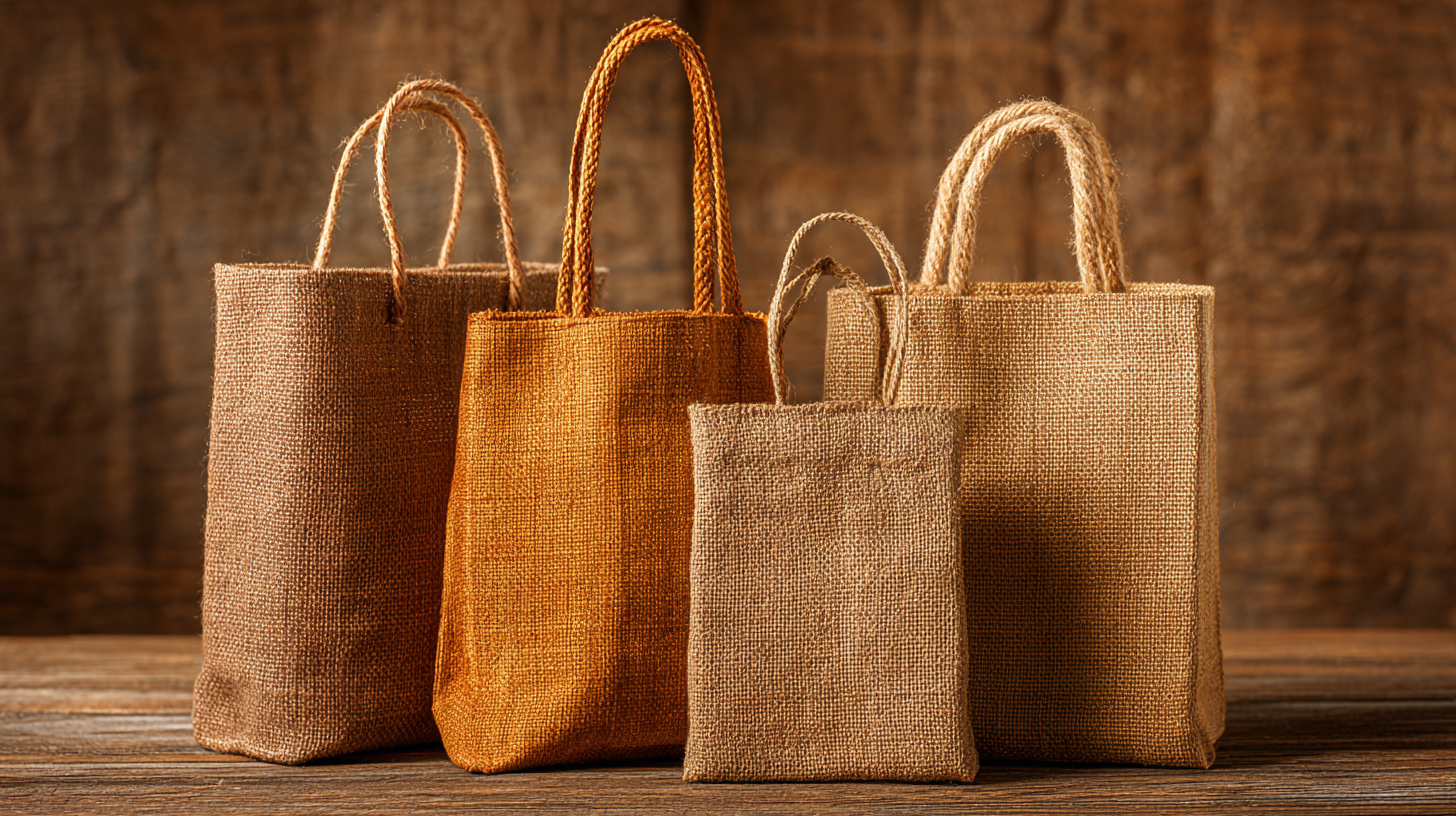
The Growing Demand for Sustainable Packaging Solutions in Consumer Markets
As consumer preferences increasingly shift towards sustainability, the demand for eco-friendly packaging solutions is on the rise. The global packaging market size is expected to grow from $212.6 billion in 2025 to $287.2 billion by 2032, reflecting a compound annual growth rate (CAGR) of 4.39%. This trend underscores the urgency for brands to adopt sustainable materials in their packaging strategies, especially as consumers prioritize environmental impact in their purchasing decisions.
One notable segment experiencing significant growth is the bio-plastics market, projected to expand from $3.76 billion in 2023 to $6.33 billion by 2032, boasting a CAGR of 5.9%. Furthermore, the global flexible packaging market is anticipated to reach $394 billion by 2030, illustrating a steady demand for innovative and sustainable packaging solutions. As markets evolve, the shift towards sustainable packaging, such as the adoption of hessian bags, positions brands to meet increasing consumer expectations while contributing to environmental conservation efforts.
Evaluating the Biodegradability of Hessian Bags Compared to Plastic Alternatives
Hessian bags, made from natural jute fibers, offer a sustainable alternative to conventional plastic bags, particularly in their environmental impact. Unlike plastic bags, which can take hundreds of years to decompose, hessian bags are biodegradable and can break down within a year under the right conditions. This rapid decomposition significantly reduces the strain on landfills and minimizes pollution, making hessian bags a more responsible choice for environmentally conscious consumers.
The biodegradability of hessian bags also extends to their capacity for soil nourishment once decomposed. As they break down, hessian bags enhance soil structure and fertility, unlike plastic, which can leach harmful chemicals into the ground. Furthermore, the cultivation of jute for hessian production can promote sustainable agricultural practices, as the crop requires less water and pesticides compared to many synthetic materials. Therefore, choosing hessian bags aligns with sustainable living and contributes positively to environmental health, illustrating a clear contrast to the persistent issue of plastic pollution.
Environmental Impact of Hessian Bags vs. Plastic Bags
Analyzing the Carbon Footprint of Hessian Production: A Lifecycle Perspective
Hessian bags, made from natural fibers, are gaining attention as a sustainable alternative to conventional plastic bags. When assessing their environmental impact, it is crucial to analyze the carbon footprint of hessian production through a lifecycle perspective. According to a report by the European Commission, the production of one kilogram of hessian fabric emits approximately 1.88 kg of CO2, significantly lower than the 6.5 kg produced from one kilogram of conventional plastic. This stark contrast highlights the potential of hessian bags in reducing carbon emissions while promoting more sustainable consumer habits.
When considering the entire lifecycle, it's important to note that hessian bags are biodegradable and can decompose within 6 months under the right conditions, compared to plastic bags, which can take up to 1,000 years. Furthermore, studies show that using a hessian bag over its lifetime (approximately 100 uses) can reduce your environmental impact by approximately 30% compared to single-use plastic bags. Utilizing these bags not only contributes to reducing waste but also supports a circular economy.
**Tips for Sustainable Living:** Opt for hessian bags to reduce your carbon footprint. Always keep a few bags in your car or by the door, so you’re prepared for shopping trips. Educate yourself on proper disposal methods—composting or recycling responsibly maximizes the environmental benefits of using hessian over plastic.
Consumer Awareness and Preferences: The Shift Towards Eco-Friendly Packaging
As consumers become increasingly aware of environmental issues, their preferences are shifting towards eco-friendly packaging options. Hessian bags have gained popularity as a sustainable choice, providing an eco-conscious alternative to traditional plastic bags. Made from natural fibers, these bags are biodegradable and contribute to reducing plastic waste in our environment. This growing awareness reflects a broader trend among consumers who seek to make more responsible purchasing decisions that align with their values.
**Tips for Choosing Hessian Bags:**
1. Look for bags made from 100% natural jute fibers to ensure they are as eco-friendly as possible.
2. Check for certifications or eco-labels that guarantee ethical sourcing and sustainable production practices.
3. Consider the bag's lifespan; choose high-quality options that can be reused multiple times, reducing the need for single-use products.
By prioritizing eco-friendly packaging like Hessian bags, consumers can actively participate in the movement towards sustainability. As more people make informed choices, companies will feel the pressure to adopt environmentally friendly practices, creating a positive cycle of change within the market.
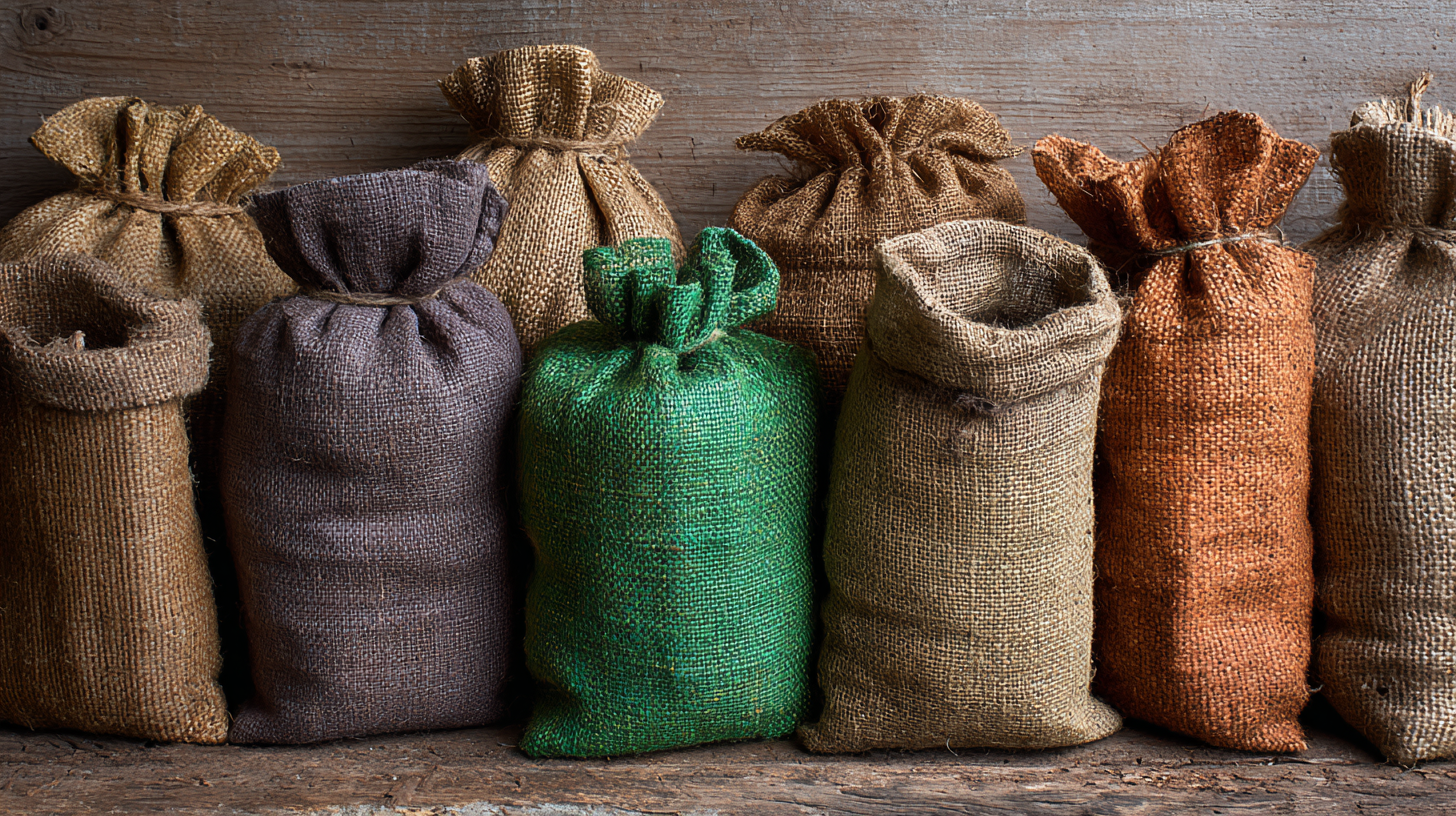
Economic Benefits of Implementing Hessian Bags in Retail and Consumer Goods Industry
The implementation of hessian bags in the retail and consumer goods industry presents numerous economic benefits that extend beyond mere cost savings. One of the primary advantages is the reduction in single-use plastic waste, which can lead to lower disposal costs for retailers. By adopting sustainable packaging solutions like hessian bags, businesses can enhance their brand image as environmentally responsible companies, appealing to a growing segment of eco-conscious consumers.
Moreover, hessian bags often possess superior durability and reusability compared to their plastic counterparts. This longevity translates to repeat business, as customers are likely to choose a product that offers a functional, sustainable bag for their shopping needs. Retailers that provide hessian bags may also experience an increase in customer loyalty and satisfaction, as consumers appreciate companies that actively contribute to environmental conservation. In the long term, these factors can lead to increased sales and profitability, demonstrating that environmental initiatives in retail not only benefit the planet but also positively impact the bottom line.
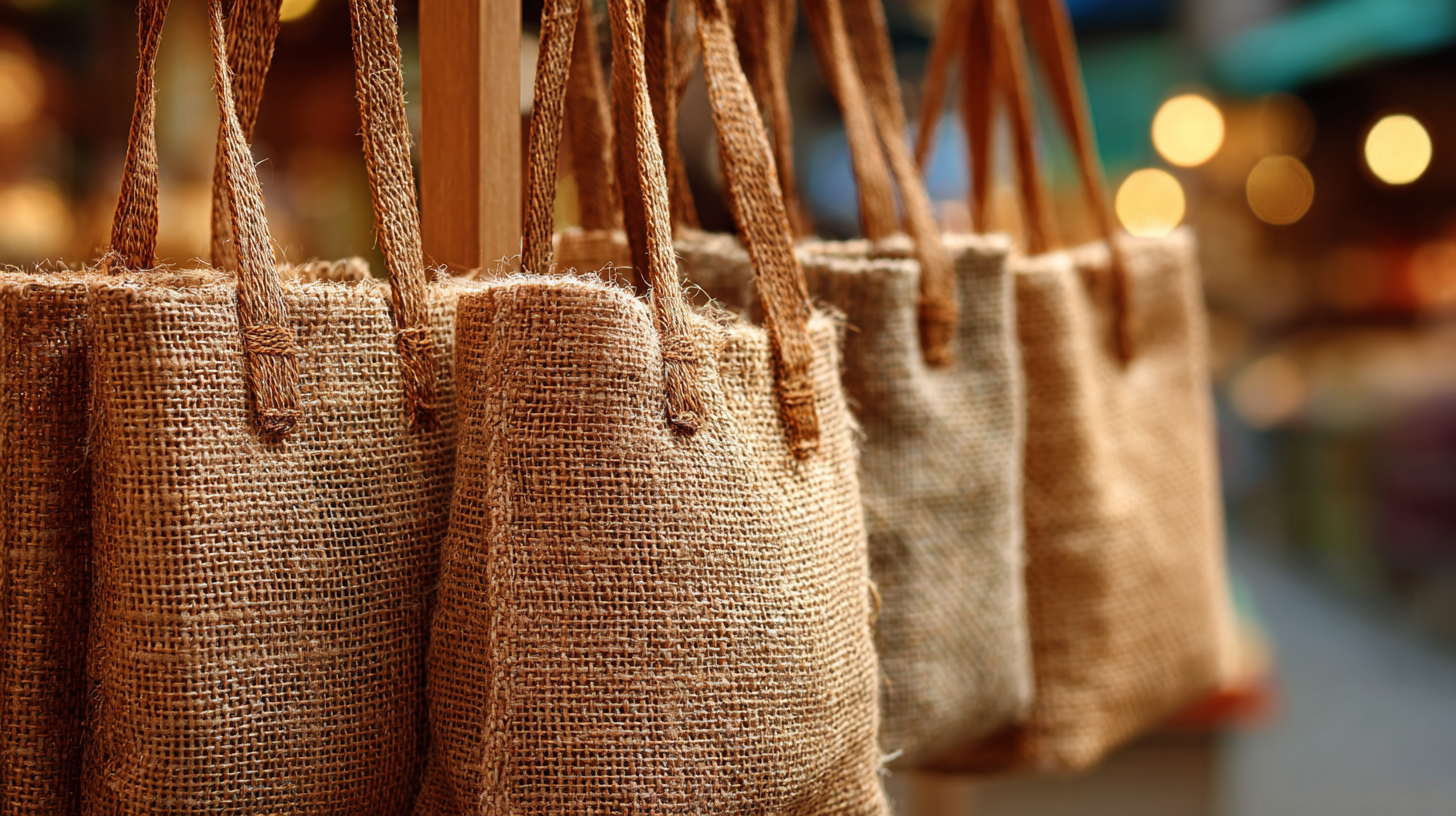
Related Posts
-
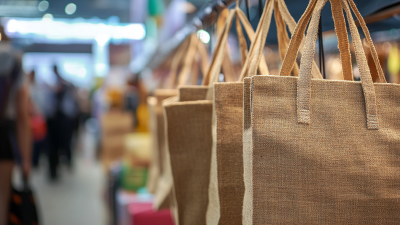
Exploring Global Sourcing Trends: How Hessian Shopping Bags Captured Attention at the 137th Canton Fair
-
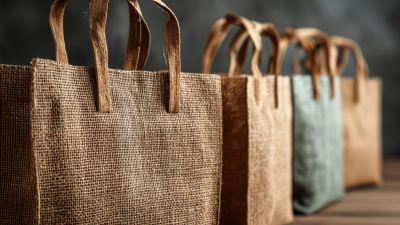
The Eco-Friendly Revolution: Why Hessian Shopping Bags Are Your Best Sustainable Choice
-
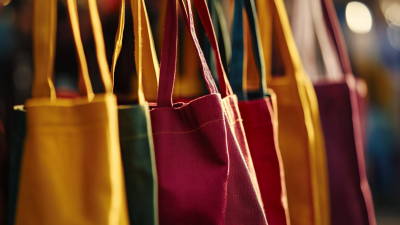
Understanding Industry Standards for the Best Tote Bags: A Guide to Choosing the Right One
-
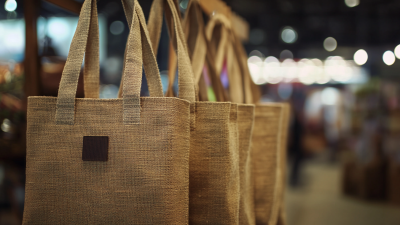
Maximize Your Brand Visibility at the 138th Canton Fair with Custom Promotional Jute Bags
-

How to Choose the Perfect Cloth Bags for Your Eco Friendly Lifestyle
-

7 Sustainable Reasons to Switch to Eco Friendly Tote Bags Today
